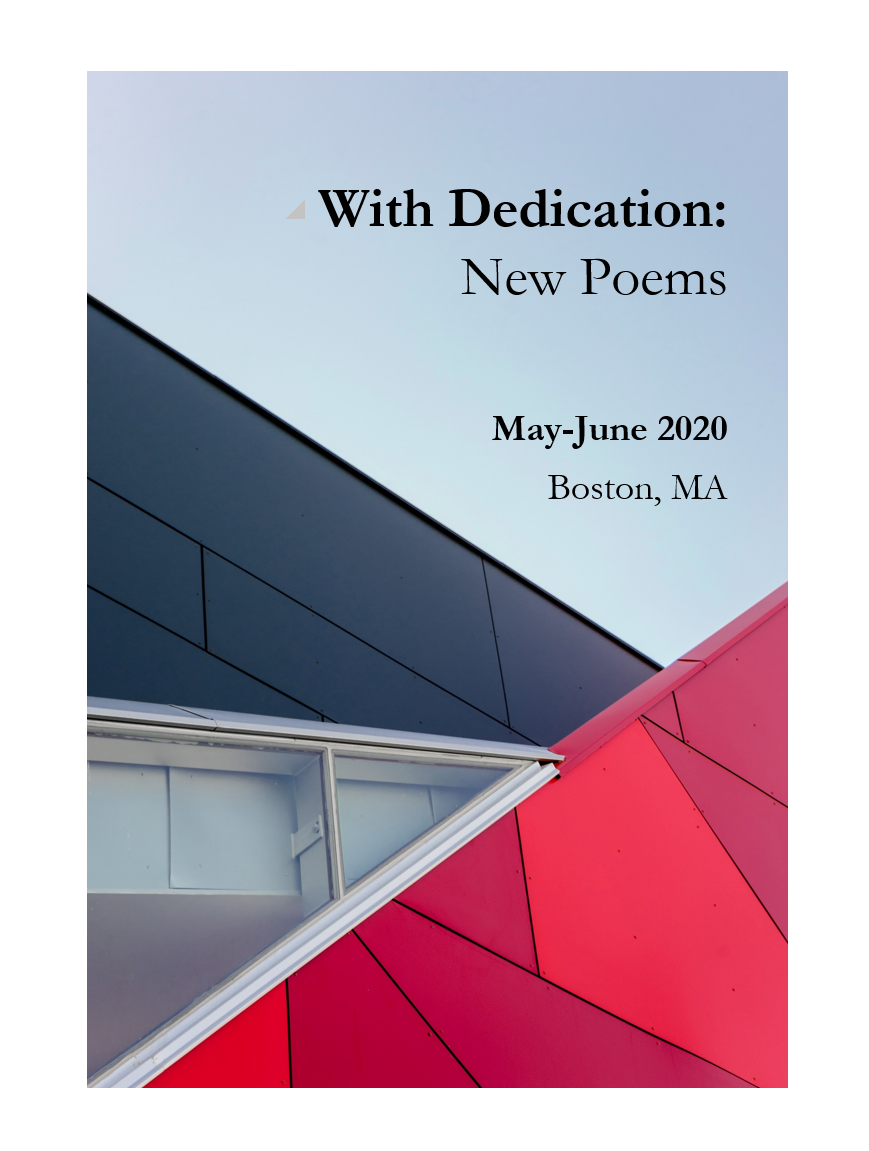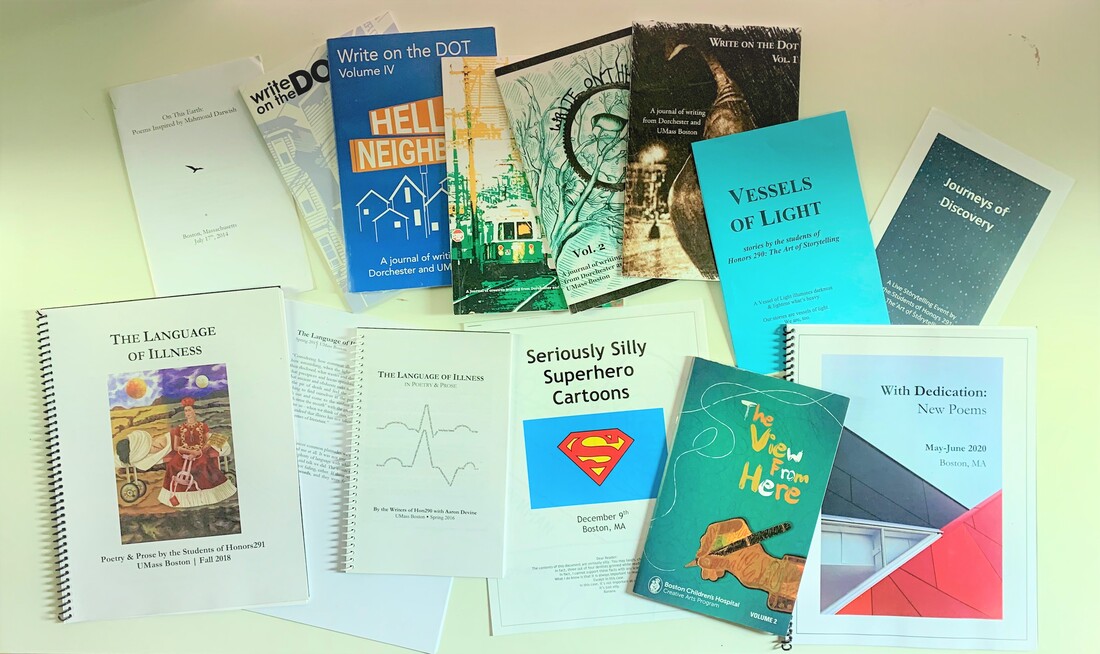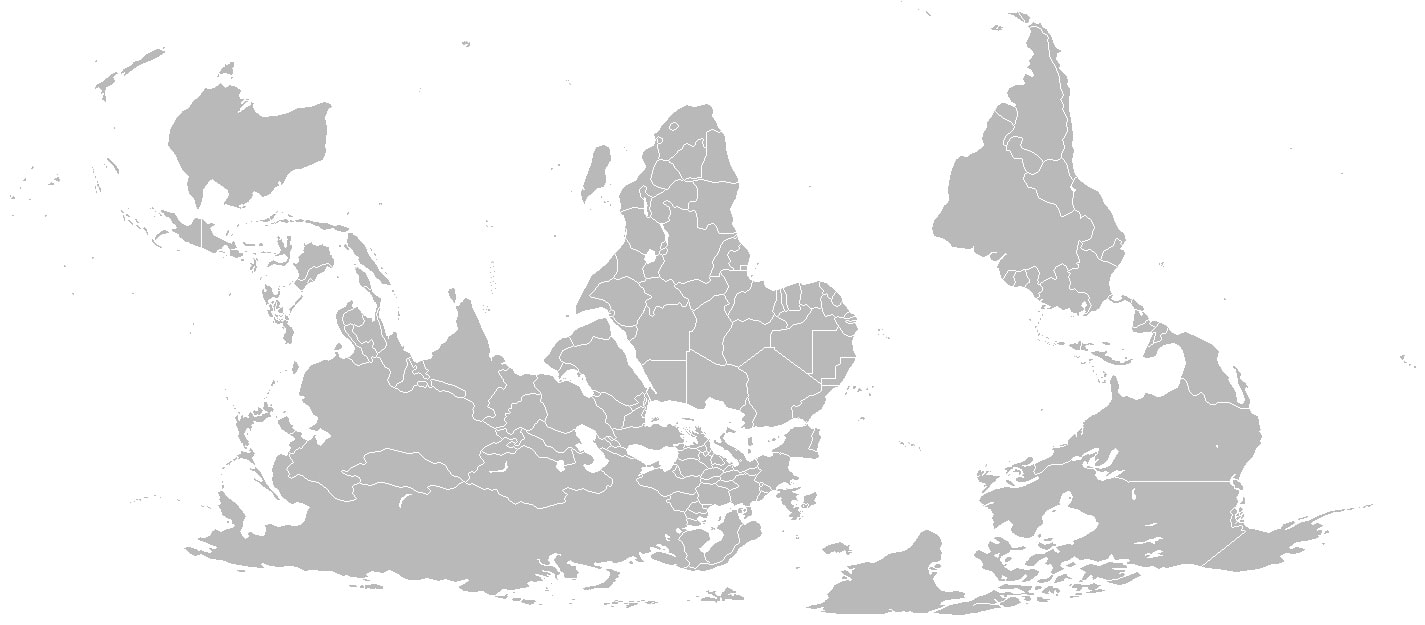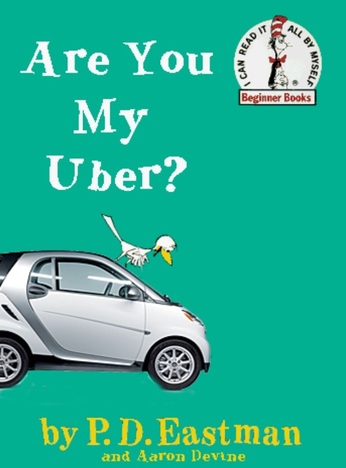| |||
Here is the introduction I wrote for the book:
Dear Reader,
Participants in our “With Dedication” workshop met across five weeks to discuss and write poetry that would recognize, celebrate, and elevate significant people in their families, communities, and lineages.
We met in an online classroom since public spaces were closed due to the Covid-19 pandemic. At a time when social interaction was severely limited, we unmasked in front of our screens, and practiced praising our particular language—and each other.
Some of these poems took the form of dedication proposed by the workshop; others followed conduits that beckoned more urgently.
Shortly after our second meeting on May 25, Minneapolis police killed George Floyd. Video of the killing ignited protests across the nation and world.
Part of poetry’s power is that it can speak to readers of any time or place. Yet all poets write in specific times and places. It feels important to note the larger context of where and when these poems were crafted.
Langston Hughes’ “problem world” remains our world; the tools of reading, learning, and dreaming are yet how we “make our world anew.”
Our book opens with Ayoka Drake’s “Freedom” breaking the “rools” of spelling. Answering Hughes’ call to realize dreams “unfettered, free,” Drake demonstrates that poets must do the work of dismantling in order to find truth in new language. Each poet of “With Dedication” does this in their own way: making sense through the five senses, forging together a truly original collection.
The book closes with Abria Smith’s pair of “delicate copper leaf earrings,” an image that speaks of craft and achievement. Like the poetry herein, what was once “raw / Unimagined” has been “etched” into something tangible, beautiful, and enduring.
We hope that you enjoy reading, and that you find within, perhaps, seeds for your own language to grow from.
Each time I teach, I try to offer students the opportunity to make something--often a book--together. While the experience of the classroom or workshop is transient (and necessarily so), a book endures as a collective record and shared achievement. It is a community of pages. Here's a photo of some of the student, neighborhood, hospital, and workshop collections that I'm proud to have helped put together in recent years.




 RSS Feed
RSS Feed
